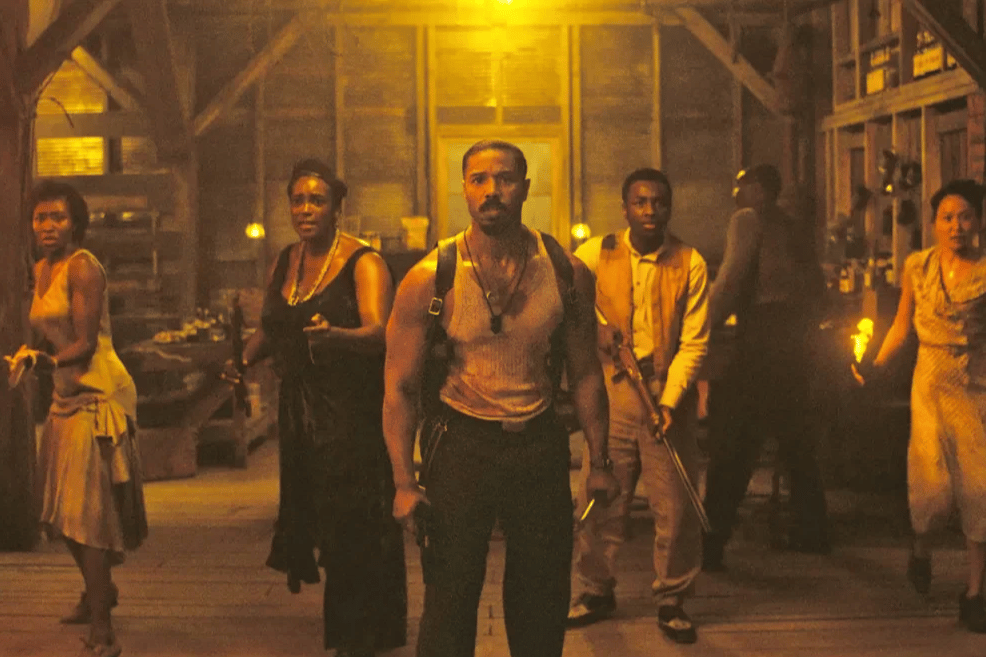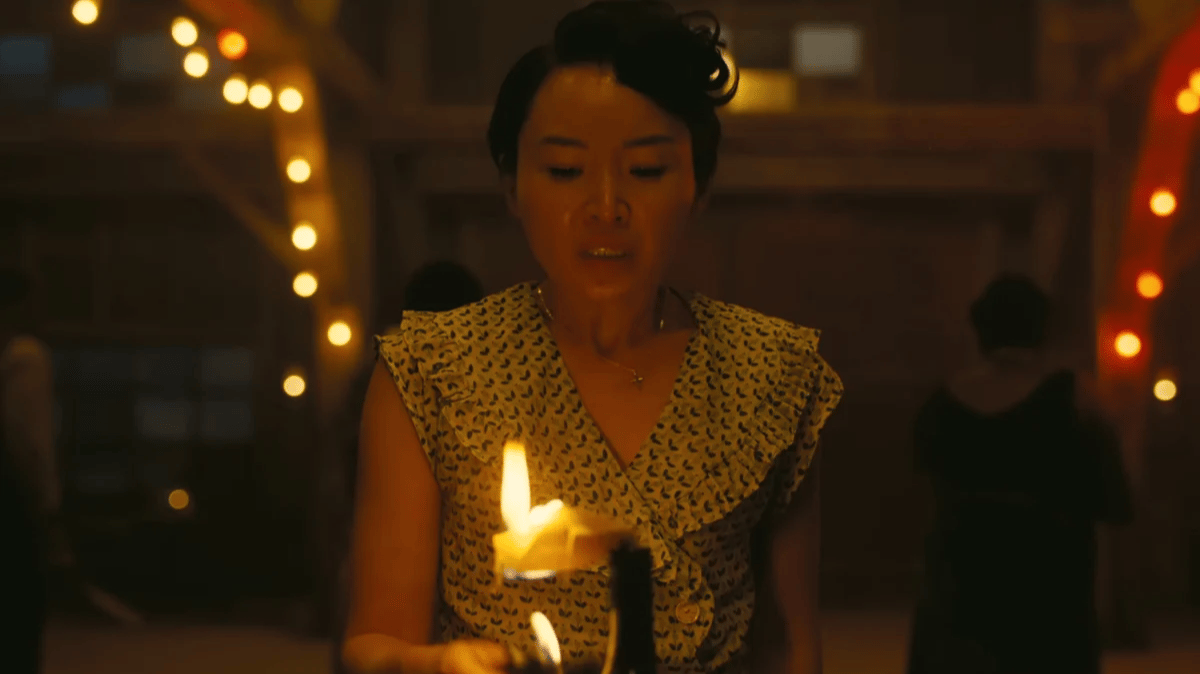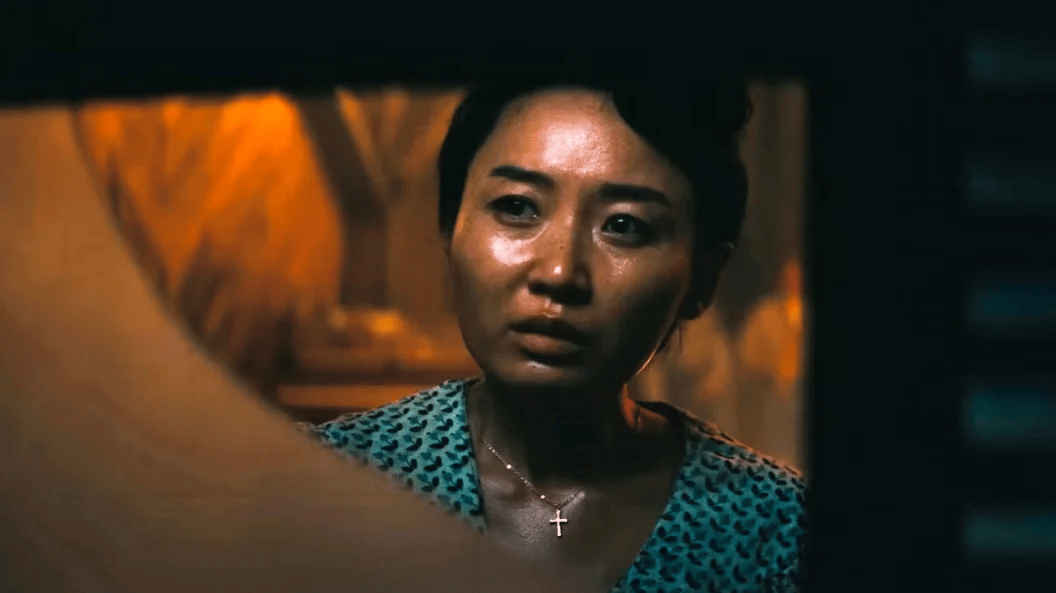
Sinners isn't just a film — it's the cinematic event of the year. From social media timelines to office lunch breaks, it seems everyone is watching, re-watching, and dissecting this extraordinary vampire thriller that has completely dominated the cultural conversation.
Let me be clear: this is hands down the best film I've watched this year. The performances are nothing short of revelatory, with each actor bringing remarkable depth to characters that in lesser hands could have been genre stereotypes. The writing is impeccable, tightly plotted yet allowing room for profound thematic exploration. And the music? A haunting, pulse-quickening score that perfectly enhances every moment of tension and release.
But amidst all the well-deserved praise and box office success, there's one particular moment that has the internet absolutely divided — a controversial decision by the character Grace Chow that has spawned endless debates, fan theories, and heated arguments across every platform. Warning, there are spoilers ahead.
Watch the trailer for Sinners. Article continues after video.
Let's get into the context. Grace Chow is introduced as a pragmatic business owner who, along with her husband Bo, provides supplies and helps the main characters Smoke and Stack with the grand opening of their new juke joint. Though not part of the core group, Grace and Bo maintain close friendships with the predominantly Black main characters.































































































